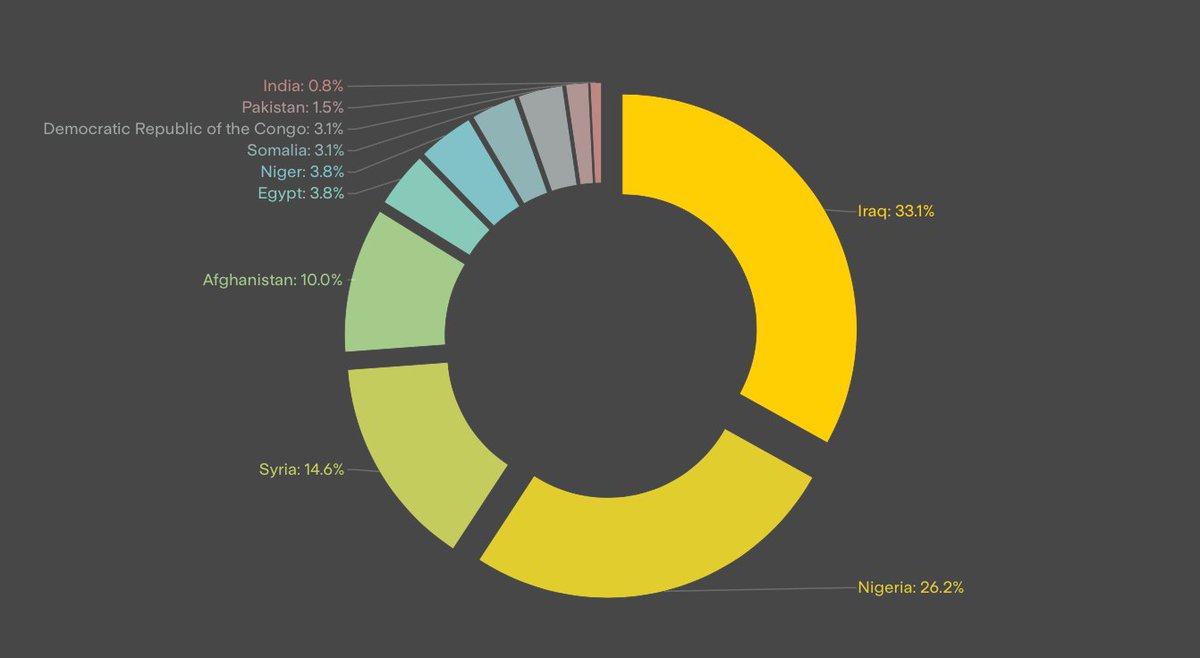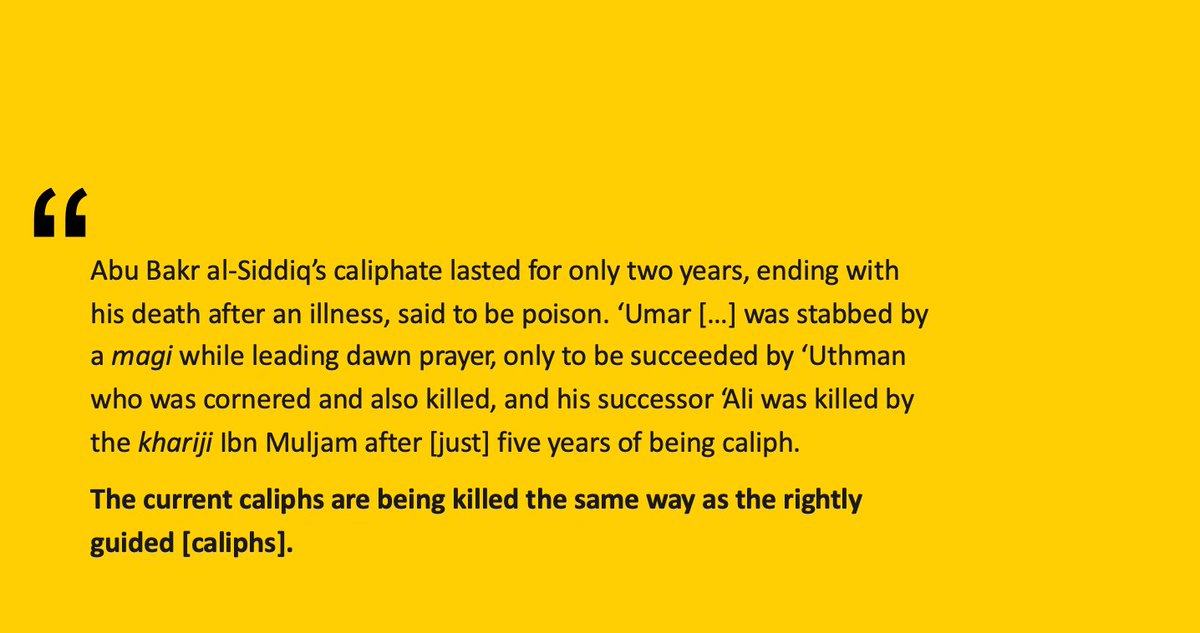
1. Since last week, there have been a number of signs that #Russia may be planning to invade #Moldova.
In the last few days, there have been several likely false flag attacks in #Transnistria, events that have been amplified massively by a simultaneous influence campaign.
In the last few days, there have been several likely false flag attacks in #Transnistria, events that have been amplified massively by a simultaneous influence campaign.
2. To track this, we analysed 169,000 posts shared across pro-war, #Kremlin-aligned communities on Telegram last week.
We sifted through this data for any mentions of #Transnistria, #Moldova, and #Tiraspol.
Here’s what it looks like.
We sifted through this data for any mentions of #Transnistria, #Moldova, and #Tiraspol.
Here’s what it looks like.
3. The main claims are strikingly similar to those that emerged in the run-up to #Russia’s invasion of #Ukraine in February.
They revolve around pre-emptive justifications for war based on #Transnistria|n ‘insecurity’ and talk of #Ukraine’s ‘looming threat.’
They revolve around pre-emptive justifications for war based on #Transnistria|n ‘insecurity’ and talk of #Ukraine’s ‘looming threat.’

4. On 25 April, there was a surge in pro-#Kremlin rhetoric around #Transnistria as supporters of #Moscow began to share news of a string of explosions in #Tiraspol.
#Transnistria was purportedly 'under attack.’
#Transnistria was purportedly 'under attack.’
5. A day later on 26 April, #Kremlin supporters doubled down on this rhetoric, citing a video showing local security forces at high alert on the lookout for 'terrorist infiltrators.'
#Transnistria was 'in need of protection.’
#Transnistria was 'in need of protection.’
6. Things came to a head later that day when new footage emerged showing ‘unknown gunmen’ who had ‘crossed illegally’ from #Ukraine shooting three RPGs at the MGB HQ in #Tiraspol.
There was now ‘evidence’ of Ukrainian involvement.
There was now ‘evidence’ of Ukrainian involvement.
7. In the days since, pro-war communities have also been sharing a video clip of a Moldovan woman saying ‘#Russia|n soldiers will be greeted with bread, salt and wine’ when they come to #Moldova.
Per this line, #Moldova|ns ‘want’ #Moscow to invade.
Per this line, #Moldova|ns ‘want’ #Moscow to invade.
8. They’ve also been reiterating their claims of #Ukraine’s 'looming threat.'
Here’s a poster they recently attributed to #Ukraine. Text reads 'liberate #Transnistria’ in Ukrainian and Moldovan.
On closer inspection, it's a remake of a Soviet poster from WWII.

Here’s a poster they recently attributed to #Ukraine. Text reads 'liberate #Transnistria’ in Ukrainian and Moldovan.
On closer inspection, it's a remake of a Soviet poster from WWII.


9. In any case, so far, this is almost exactly the same military/info playbook that #Moscow deployed immediately before its invasion of #Ukraine.
That said, it’s much smaller in scale, and there hasn’t (yet) been a large spike in comms akin to that which we saw in February.
That said, it’s much smaller in scale, and there hasn’t (yet) been a large spike in comms akin to that which we saw in February.
10. What seems clear on the back of all this is that #Transnistria has indeed been tabled as an option for #Moscow.
The justification narrative has been set out clearly, with both ‘threats’ from #Ukraine and ‘invitations’ from #Moldova.
The justification narrative has been set out clearly, with both ‘threats’ from #Ukraine and ‘invitations’ from #Moldova.
11. We’ll be continuing to follow this closely in the coming days.
Visit extrac.io for more information about our services.
Visit extrac.io for more information about our services.
• • •
Missing some Tweet in this thread? You can try to
force a refresh
















